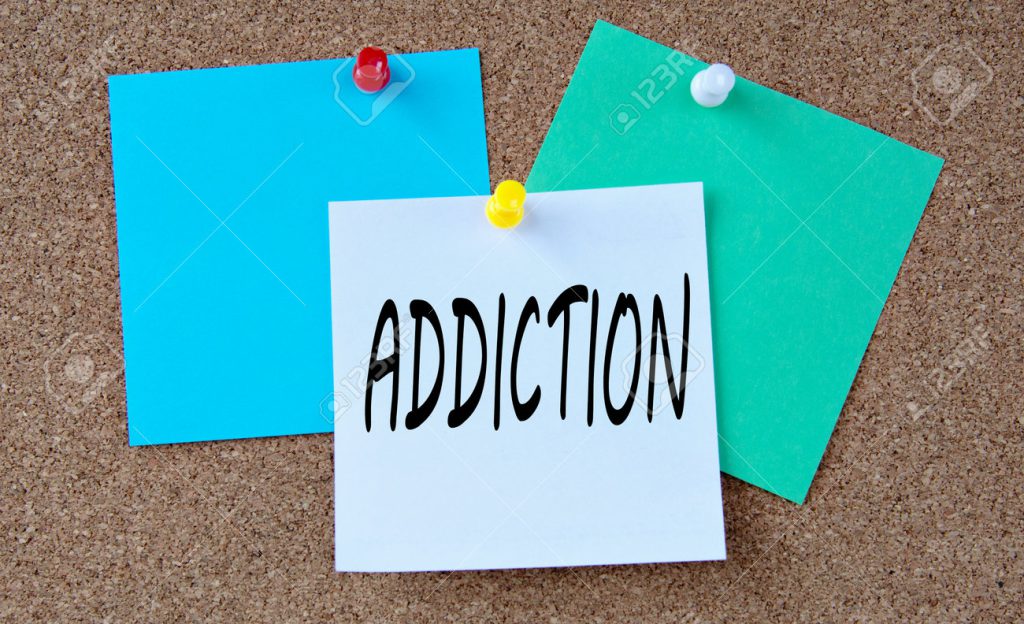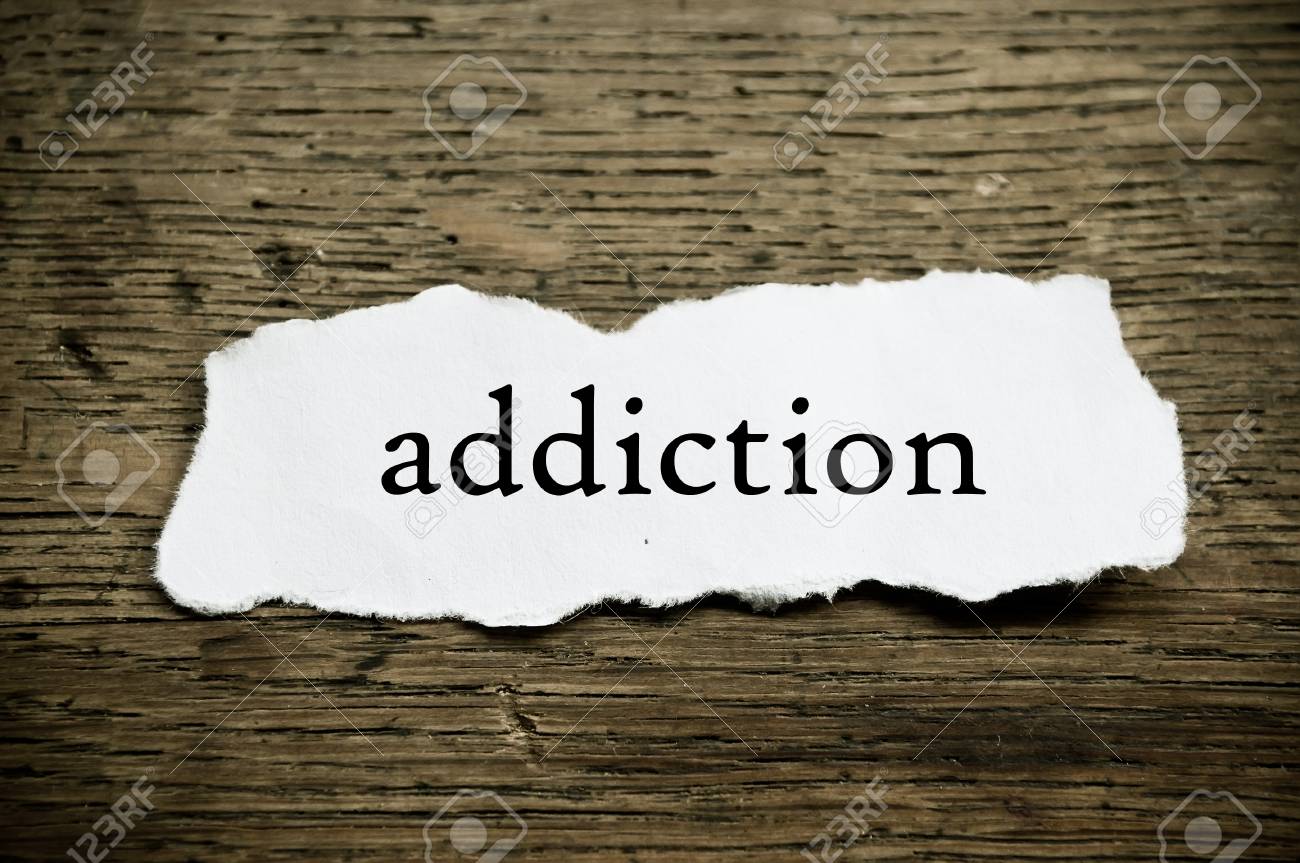Addiction Treatment Centers offer a variety of therapies to help those struggling with addiction to become sober. Understanding the different therapies available can help you make an informed decision about which treatment option is best for you or your loved one. This guide will provide an overview of the therapies offered at Addiction Treatment Centers, as well as how they can help you or your loved one to recover from addiction.
Types of Addiction Treatment Therapies
Addiction Treatment Centers offer a variety of different therapies to help individuals with substance use disorder. These therapies are designed to address the psychological, biological, and social aspects of addiction in order to help individuals overcome their substance use disorder and reclaim their lives. Different types of treatments can be used depending on the individual’s needs and preferences.
Cognitive-Behavioral Therapy (CBT) is a type of therapy that is used to help individuals identify and address the thoughts and behaviors that are associated with their addiction. It helps individuals learn how to change their behavior and thought patterns in order to manage the urges and cravings associated with substance use disorder.
Dialectical Behavior Therapy (DBT) is a type of psychotherapy that focuses on helping individuals accept and manage their emotions and behavior. It is used to help individuals develop healthier coping strategies to deal with stress and cravings.
Motivational Interviewing (MI) is a type of counseling that is used to help individuals explore and resolve ambivalence about making positive changes in their lives. It helps individuals identify and build on their strengths and develop healthier behaviors.
Group Therapy is a type of therapy that helps individuals connect with others who are going through similar experiences. Group therapy can provide support, education, and guidance to help individuals maintain sobriety.
Medication-Assisted Treatment (MAT) is a type of treatment that combines medication with counseling and behavioral therapies to treat substance use disorder. This type of treatment can help individuals reduce the cravings and withdrawal symptoms associated with substance use disorder.
These are just a few of the types of treatments available at Addiction Treatment Centers. Each individual has unique needs and preferences, so it is important to work with a treatment center that can provide an individualized treatment plan. With the right plan and support, individuals can reclaim their lives and live a healthier, substance-free life.
Cognitive Behavioral Therapy

Cognitive Behavioral Therapy (CBT) is an evidence-based therapeutic approach used to treat a variety of mental health issues including addiction. It is a short-term, goal-oriented type of therapy that works to identify and address the underlying causes of addiction. CBT focuses on identifying unhealthy thought patterns and behaviors responsible for the addiction and then works to replace them with healthier alternatives. At addiction treatment centers, CBT is often used to help individuals identify triggers for their addictive behaviors and develop strategies to better cope with them. It also helps individuals develop better problem-solving skills and gain insight into the psychological and emotional aspects of their addiction. CBT has proven to be an effective treatment for addiction and can be used in combination with other therapies such as 12-step programs and group therapy.
Dialectical Behavior Therapy
Dialectical Behavior Therapy (DBT) is a type of cognitive-behavioral therapy that is used to help people struggling with addiction and other mental health issues. DBT focuses on teaching skills and strategies to help people regulate their emotions, manage stress, and communicate effectively. It is often used in addiction treatment centers to help individuals gain tools to better understand and manage their triggers, cravings, and emotions. DBT also helps individuals identify and modify self-destructive behaviors, such as substance abuse, and to develop more healthy coping strategies. By teaching people how to recognize and manage their emotions, DBT can help addicts better manage their relapse risks and increase their chances of long-term recovery.
Motivational Interviewing
Motivational Interviewing (MI) is an evidence-based approach that is widely used in addiction treatment centers. It is a client-centered, non-judgmental counseling style that is based on the idea that individuals are the experts on their own lives and that it is their choice to make changes. Through MI, counselors work with clients to explore and resolve ambivalence about the changes they want to make. The goal is to help clients build their own motivation and confidence to make healthier choices.
The key components of MI include fostering a collaborative relationship between the counselor and the client, expressing empathy, listening for discrepancies, and supporting the client’s autonomy. During MI sessions, counselors ask open-ended questions to help clients explore their own thought processes and motivations. This helps the client identify their own goals and develop their own strategies for reaching them.
MI is a valuable tool for addiction treatment centers as it helps clients develop a sense of autonomy, self-awareness, and responsibility. By helping clients reflect on their own lives and identify their own motivations, MI can be an important part of the recovery process.
In conclusion, addiction treatment centers offer a variety of therapies and resources that can help individuals to overcome their addictions and lead a healthier and more fulfilling life. These therapies can range from cognitive-behavioral therapy, to group and individual counseling, to medication-assisted treatment. Each type of therapy is designed to address a particular aspect of addiction and can be tailored to the individual’s needs. Ultimately, the goal of addiction treatment is to help individuals break the cycle of addiction and lead a healthier, more fulfilling life.













